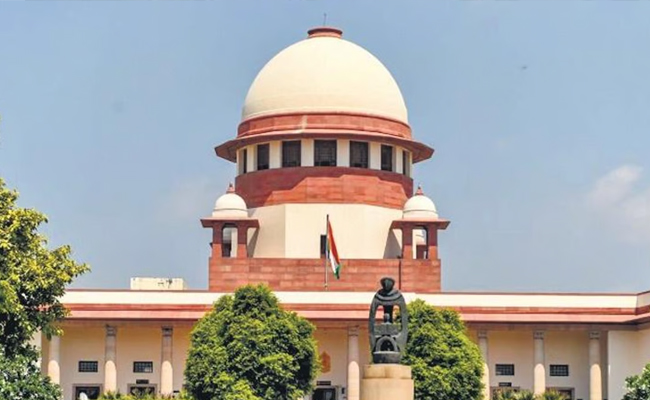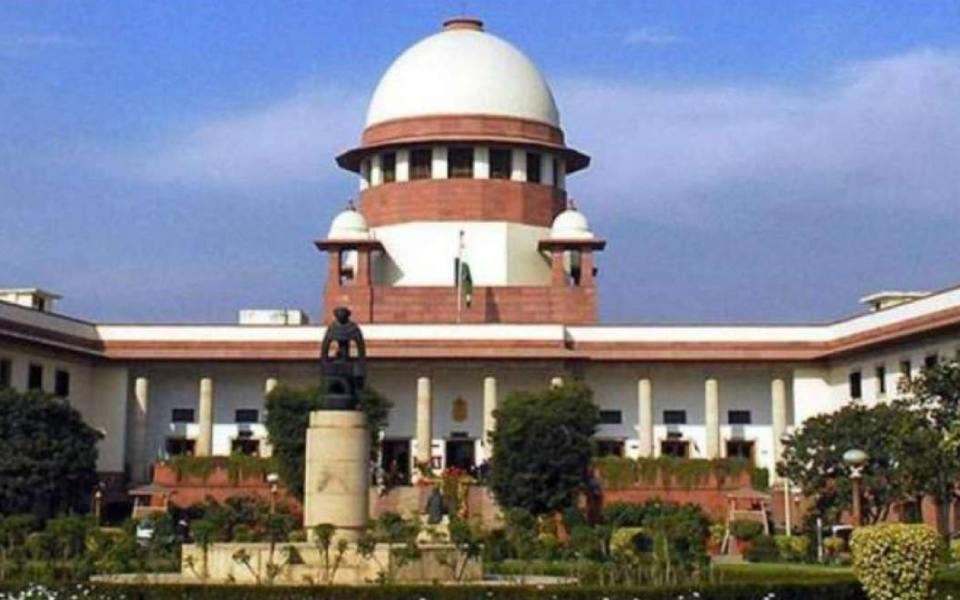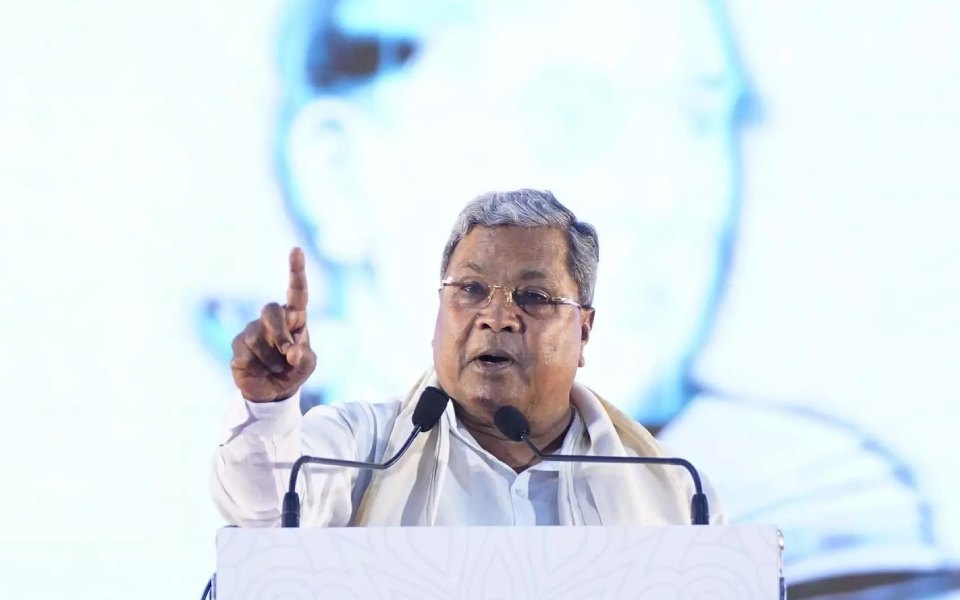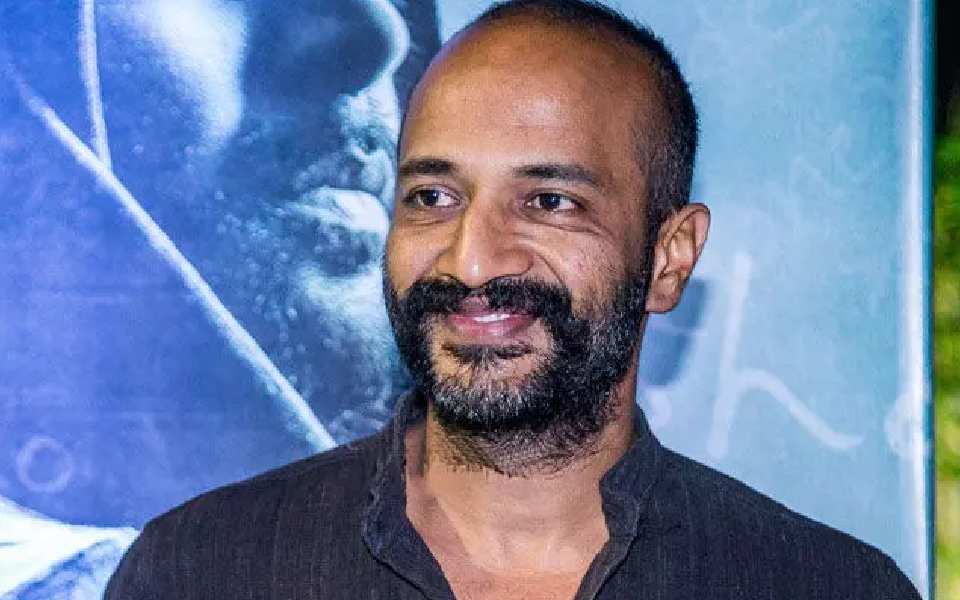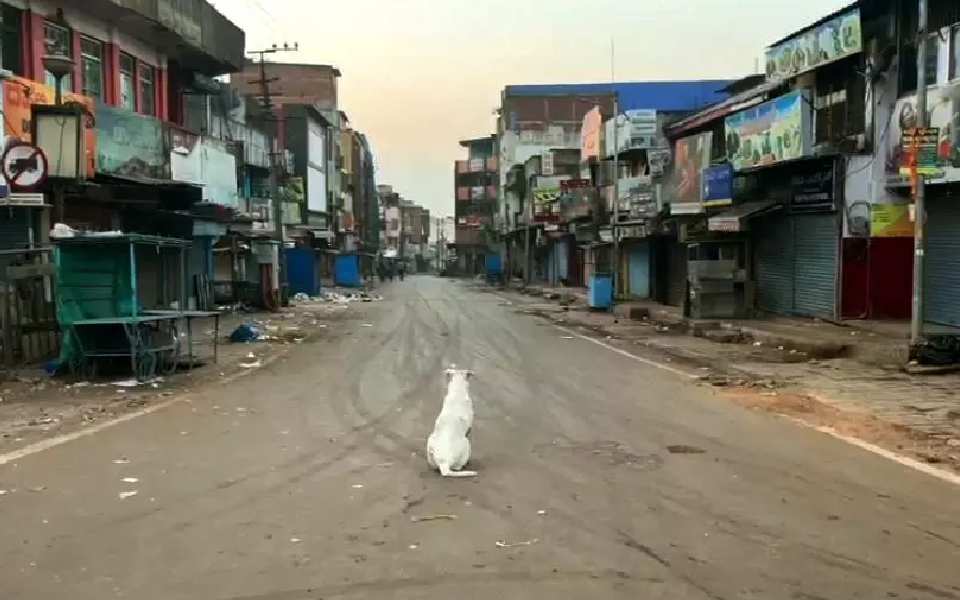New Delhi: The Supreme Court on Wednesday (January 8) ordered the release of a prisoner who had been incarcerated for nearly 25 years after determining he was a juvenile at the time of the offence in 1994.
A bench comprising Justice MM Sundresh and Justice Aravind Kumar found that the appellant, Om Prakash, was only 14 years old when the offence occurred.
Om Prakash, initially sentenced to death for murder, had raised the plea of juvenility during the sentencing stage. However, the trial court dismissed his claim, citing his statement under s. 313 of the Code of Criminal Procedure and the fact that he held a bank account. The High Court upheld this judgment, and the Supreme Court dismissed his appeal, affirming the death sentence.
Later, Om Prakash filed a curative petition before the Supreme Court, presenting a school certificate indicating his minor status at the time of the offence. The State of Uttarakhand also certified his age as 14 years at the time. Despite this, the curative petition was dismissed.
In 2012, his mercy petition to the President resulted in the commutation of his death sentence to life imprisonment, with a condition that he would remain incarcerated until he turned 60. Subsequently, an ossification test confirmed his age as 14 at the time of the crime. He also obtained information under the RTI Act showing that minors could open bank accounts. In 2019, he challenged the Presidential order in the High Court of Uttarakhand, which dismissed his plea, citing the limited scope of judicial review over Presidential orders. He then appealed this judgment in the Supreme Court.
During the proceedings, the Supreme Court sought updated instructions from the State regarding its earlier admission in the curative petition about his juvenility. The State reaffirmed that he was a minor at the time of the offence.
The Court observed that injustice had been inflicted at every stage due to the failure of the judiciary to address the appellant's juvenility plea. Justice Sundresh, authoring the judgment, stated that the reliance on Om Prakash's statement under s. 313 of CrPC was erroneous, particularly when the statement itself suggested he was only 14 years old at the time of the crime.
The Court criticised the High Court for ignoring s. 9(2) of the Juvenile Justice Act 2015, which permits juvenility claims to be raised at any stage. It also noted that the appellant had suffered prolonged incarceration due to judicial errors, depriving him of the opportunity to reintegrate into society.
Ordering his immediate release, the Court clarified that its judgment was not a review of the 2012 Presidential order but the application of the 2015 Act to a deserving individual. It directed the Uttarakhand State Legal Services Authority to facilitate his rehabilitation and reintegration, including access to welfare schemes for livelihood, shelter, and sustenance under Article 21 of the Constitution. The State was also instructed to assist him in availing these schemes.
Senior Advocate Dr S. Muralidhar represented the appellant, with legal assistance provided by Project 39A of National Law University Delhi. ASG KM Nataraj appeared for the State.
Let the Truth be known. If you read VB and like VB, please be a VB Supporter and Help us deliver the Truth to one and all.
New Delhi, Jan 9: The Supreme Court on Thursday dismissed a batch of pleas seeking to review its October 2023 verdict declining legal sanction to same-sex marriage.
A five-judge bench of Justices B R Gavai, Surya Kant, B V Nagarathna, P S Narasimha and Dipankar Datta took up about 13 petitions related to the matter in chambers and dismissed them.
"We do not find any error apparent on the face of the record. We further find that the view expressed in both the judgements is in accordance with law and as such, no interference is warranted. Accordingly, the review petitions are dismissed," the bench said.
It said the judges have carefully gone through the judgements delivered by Justice (since retired) S Ravindra Bhat speaking for himself and for Justice (since retired) Hima Kohli as well as the concurring opinion expressed by Justice Pamidighantam Sri Narasimha, constituting the majority view.
The bench also rejected a prayer made in the review petitions for hearing in an open court.
According to practice, the review pleas are considered in chambers by the judges.
The new bench was constituted after Justice Sanjiv Khanna, the present CJI, recused from hearing the review petitions on July 10, 2024.
Notably, Justice P S Narasimha is the only member of the original Constitution bench comprising five judges which delivered the verdict, as former CJI D Y Chandrachud and Justices S K Kaul, Ravindra Bhat and Hima Kohli have retired.
A five-judge Constitution bench led by then CJI Chandrachud on October 17, 2024, refused to accord legal backing to same-sex marriages and held there was "no unqualified right" to marriage with the exception of those recognised by law.
The apex court, however, made a strong pitch for the rights of LGBTQIA++ persons so that they didn't face discrimination in accessing goods and services available to others, safe houses known as "garima greh" in all districts for shelter to members of the community facing harassment and violence, and dedicated hotlines in case of trouble.
In its judgement, the bench held transpersons in heterosexual relationships had the freedom and entitlement to marry under the existing statutory provisions.
It said an entitlement to legal recognition of the right to union, akin to marriage or civil union, or conferring legal status to the relationship could be only done through an "enacted law".
The five-judge Constitution bench delivered four separate verdicts on a batch of 21 petitions seeking legal sanction for same-sex marriages.
All five judges were unanimous in refusing the legal recognition to same-sex marriage under the Special Marriage Act and observed it was within Parliament's ambit to change the law for validating such a union.
While former CJI Chandrachud wrote a separate 247-page verdict, Justice Kaul penned a 17-page judgement where he broadly agreed with the former's views.
Justice Bhat, who authored an 89-page judgement for himself and Justice Kohli, disagreed with certain conclusions arrived at by the former CJI, including on applicability of adoption rules for such couples.
Justice Narasimha in his 13-page verdict was in complete agreement with the reasoning and conclusion of Justice Bhat.
The judges were unanimous in holding that queerness was a natural phenomenon and not an "urban or elite" notion.
In his judgement, the former CJI recorded Solicitor General Tushar Mehta's assurance of forming a committee chaired by the cabinet secretary to define and elucidate the scope of entitlements of such couples in a union.
The LGBTQIA++ rights activists, who won a major legal battle in 2018 in the Supreme Court, which decriminalised consensual gay sex, moved the apex court seeking validation of same-sex marriages and consequential reliefs such as rights to adoption, enrolment as parents in schools, opening of bank accounts and availing succession and insurance benefits.
Some of the petitioners sought the apex court to use its plenary power besides the "prestige and moral authority" to push the society to acknowledge such a union and ensure LGBTQIA++ persons led a "dignified" life like heterosexuals.

